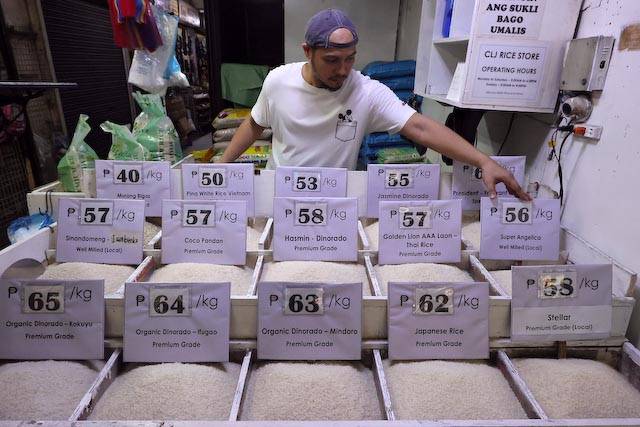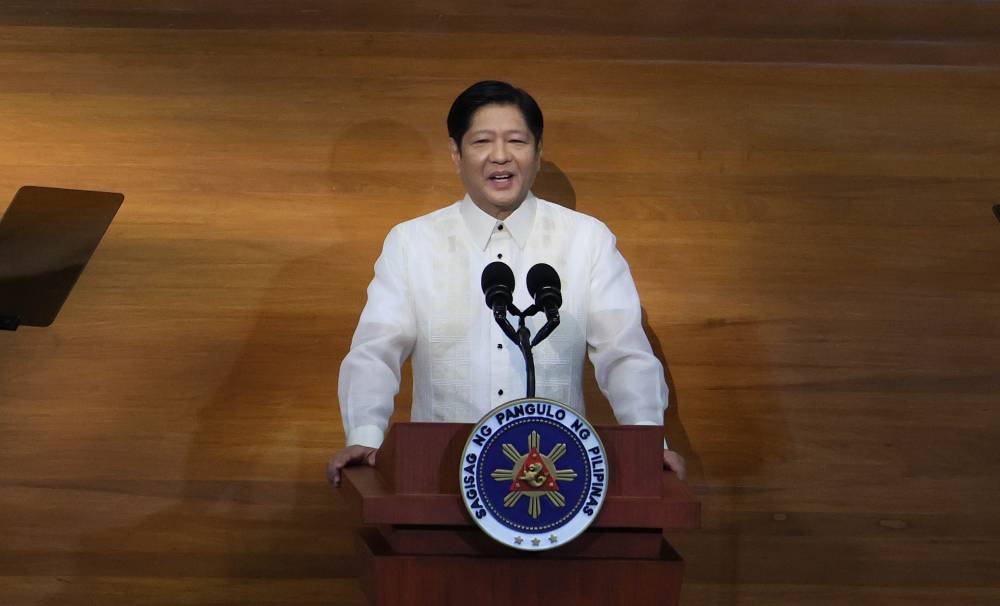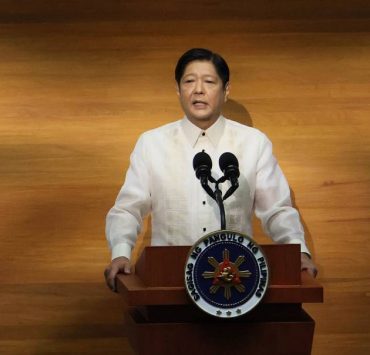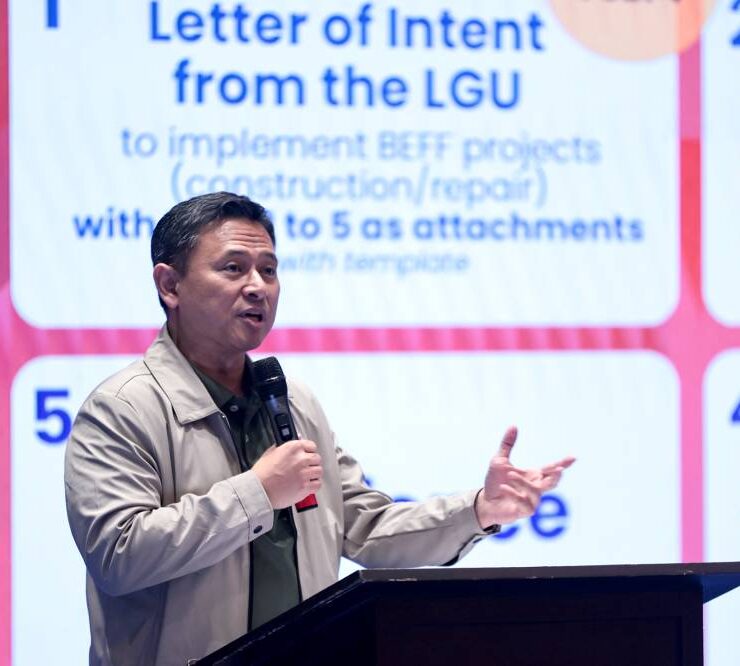What’s the plan to tame price hikes, Mr. President?

Making ends meet had not been easy in the past 12 months for Bianca Briones, a 23-year-old virtual assistant. She blames inflation.
“I’m lucky enough to have someone help me pay the bills because we all know how high the prices of necessities can be these days,” Briones said.
Briones is just one of the millions of Filipinos who will listen to President Marcos deliver his third State of the Nation Address (Sona) today.
They’ll hear the President speak of his accomplishments for sure. But amid the rising cost of living, perhaps the public would be more interested to know how he will soothe the Filipinos’ economic pain.
Long hurting from the consequences of high food prices on their overall living conditions, many of them find the government measures to address the problem still sorely wanting.

President Ferdinand Marcos Jr. delivers his 2nd State of the Nation at the House of Representatives on monday with him is House Speaker Martin Romualdez and Senate President Miguel Zubiri.
INQUIRER/ MARIANNE BERMUDEZ
According to the 2024 Pulse Asia survey conducted last June, 76 percent of Filipinos disapprove of how the administration is addressing inflation, while another poll conducted by the Social Weather Stations in the same month shows that 58 percent or nearly 16 million Filipino families rate themselves as poor.
Even the latest report from the National Nutrition Council says that one in three households still experience food insecurity, or the fear of having nothing to eat.
The economy in past year
In the past 12 months, Mr. Marcos had to tackle serious economic issues that damaged his popularity.
Inflation hovered above the government’s 2- to 4-percent target band for most part of the second half of 2023, before finally easing back to that range by the end of last year.
But a flare-up is seen again this year due to high energy prices and the El Niñ0 onslaught, although price growth had remained within the state’s target range. In the first six months of 2024, inflation averaged 3.5 percent.
To tame inflation, the Bangko Sentral ng Pilipinas hiked interest rates to bring demand in line with limited supply.
However, high borrowing costs hit Filipino consumers and businesses. Consumption alone historically accounts for more than 70 percent of the country’s gross domestic product (GDP).
The tight financial conditions, in turn, held back economic growth to 5.7 percent in the first quarter, below market expectations and falling short of the Marcos administration’s 6 to 7 percent growth target.
At the same time, the President will have to address the inflation woes while dealing with a tight fiscal space that’s forcing the government to control its spending on much-needed programs, and keep on borrowing from domestic and foreign creditors.
This year, economic managers are projecting a budget deficit that is equivalent to 5.6 percent of GDP, or still above the prepandemic level.
Critical issue
That said, Robert Dan Roces, chief economist at Security Bank, believes that tackling inflation should be Mr. Marcos’ top priority in the next 12 months.
“This is typically a critical issue for any administration as it directly affects citizens’ daily lives, especially those at the margins, and overall economic stability,” Roces points out.
For Leonardo Lanzona, economist at Ateneo de Manila University, the President’s plan to create quality jobs that pay enough amid hard times will be something that Filipinos would want to hear at his Sona.
“The government has been able to finally bounce back from the pandemic in terms of employment and economic growth. In fact, new jobs have been created recently. The problem, however, is the question of quality,” Lanzona notes.
“Most of the jobs created are mostly in the nature of self-employment and mostly short-term or contractual in nature,” he adds.
With legislators from both houses of Congress set to gather today, Anthony Lawrence Borja, political science professor at De La Salle University, says Mr. Marcos’ economic message must include a convincing call to lawmakers to pass his legislative wish list, including measures meant to boost growth and reduce poverty.
Such a call, Borja says, must be clear enough to reach aspiring lawmakers in the 2025 midterm elections.
“This is an opportunity for him to lay down a wish list that prospective members of his administration’s slate could appeal to in their respective campaigns,” he emphasizes. —WITH A REPORT FROM CZASHAINE MAI T. ABELLA





















